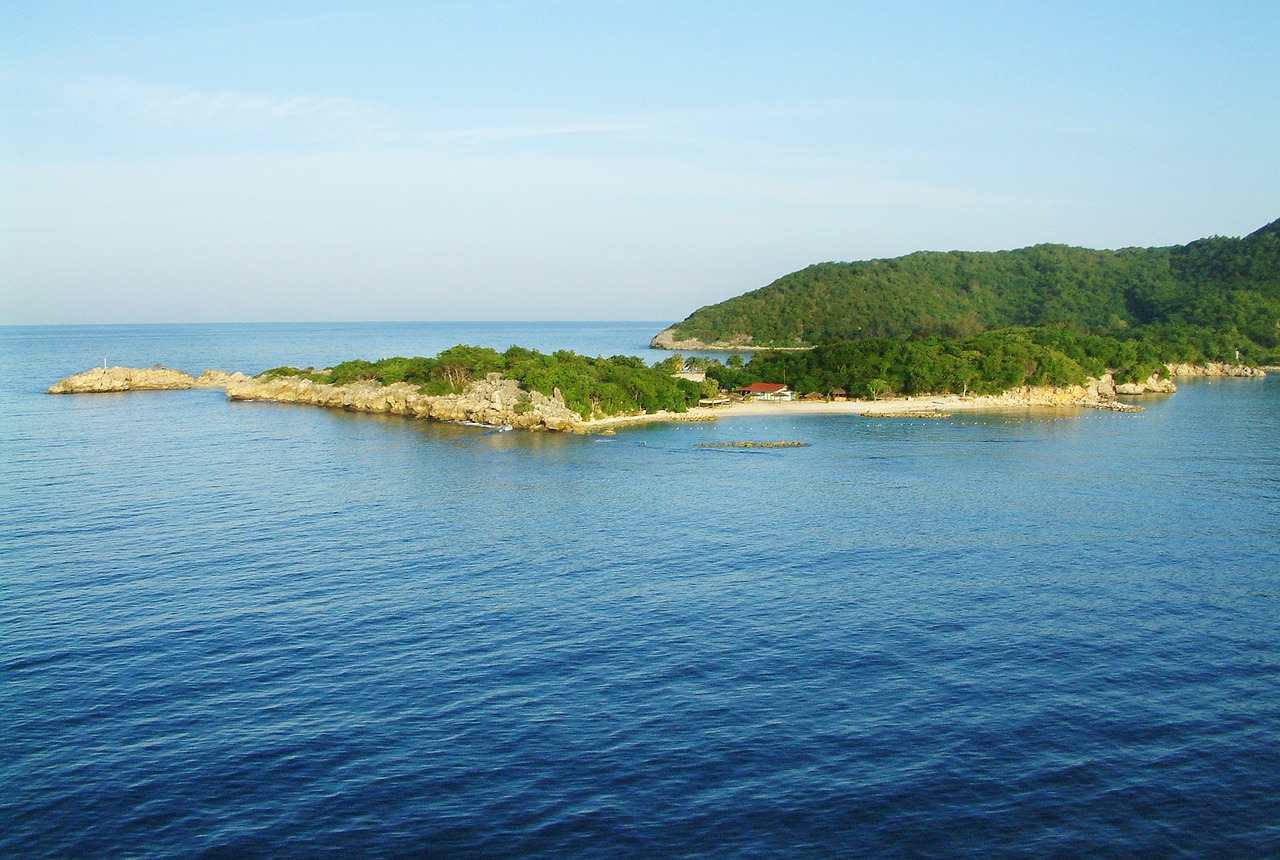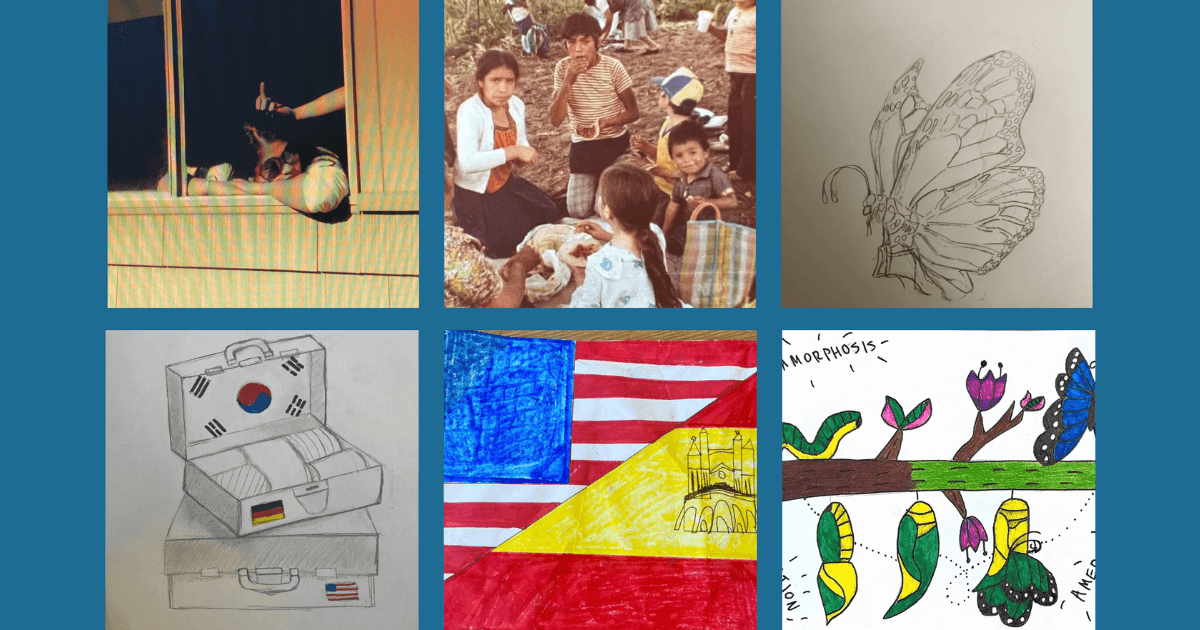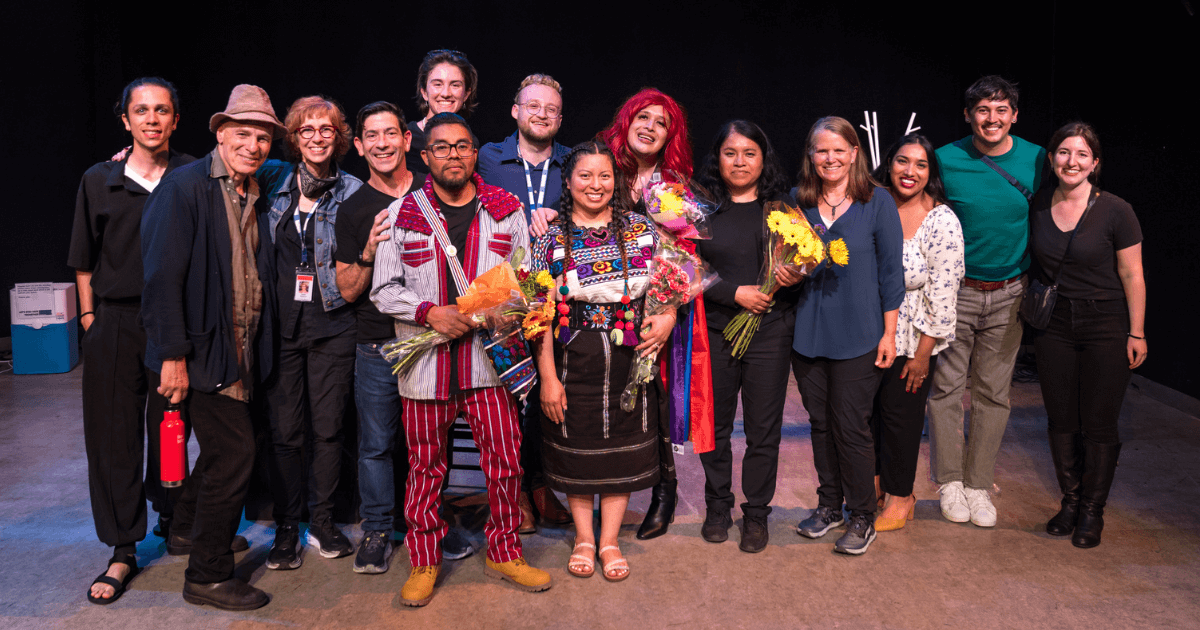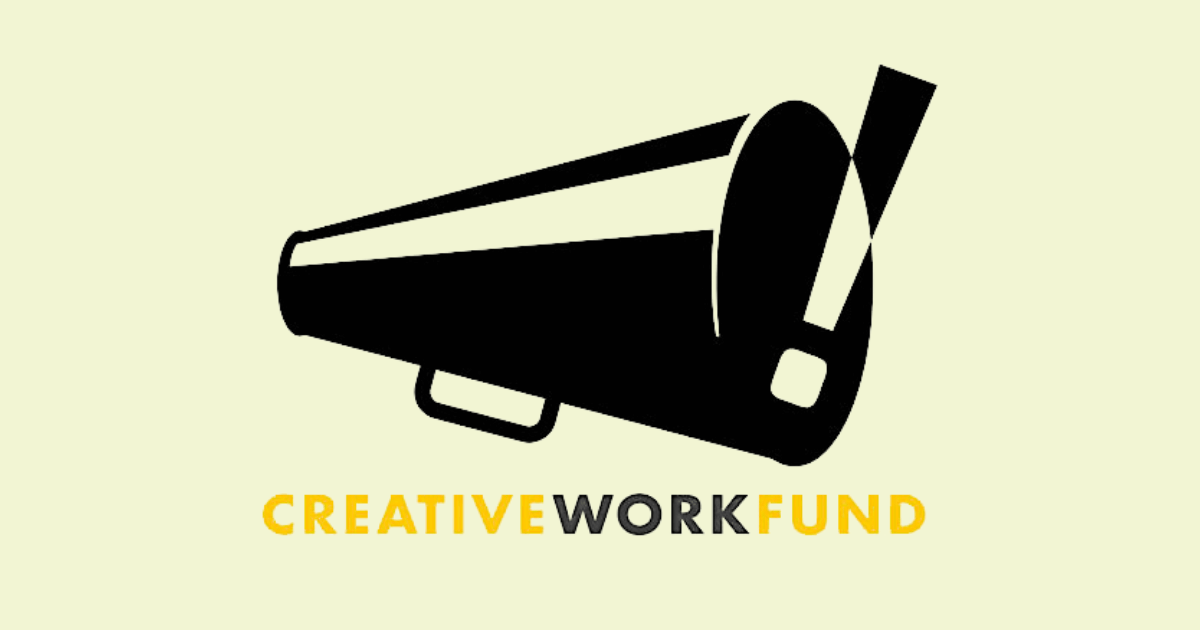Eight years have passed since the devastating earthquake shook Haiti on January 12, 2010. Today, we’re honoring the anniversary of Haiti’s earthquake by sharing excerpts from our book Lavil: Life, Love, and Death in Port-au-Prince. The following stories give us a closer look at the life, culture, and incredible resiliance of the Haitian people.
The current rhetoric around Haiti has shown how important it is to continue sharing these real, first-hand stories. For educators, if you are looking to explore these issues with your students, we offer free, downloadable curricula to accompany our book.

Djenane Saint-Juste, 35, Dancer and Choreographer
I’M NOT A CITY PERSON, EVEN THOUGH I GREW UP IN THE CITY
I ended up in Marin County because the rent is cheaper. Also, I love trees and water. I’m not a city person, even though I grew up in the city. I like to stay close to nature.
My mother and I teach dance and music and drumming together. We go to different public and private schools in San Rafael, Petaluma, San Francisco, and Oakland. She still doesn’t want to stay. When she got T.P.S., she still couldn’t work because she didn’t know enough English. Wherever she applied, they said, “No, you don’t speak English. We don’t want you,” or “You’re not that young.” She felt frustrated as a woman who had been working all her life and never depended on anybody.
One day, one of the children we teach came up to me and said, “Djenane, my father said that Haiti’s the poorest country in the world.” I said, “Yes. Your father is right. Haiti is the poorest country in the world.” He looked at me. I felt like he was going into his emotions, you know, thinking. “But what do you think?” I said.
And he said, “I really love that song your mom teaches. I like the drumming. I learned that Haiti fought the best army in France. I think Haiti’s a rich country that has a lot of culture. I love Haiti.”
I said to myself, The kid gets it. His father is the most important person in his life. He listened to his father. But he has his own opinion after the work we did together. He’s questioning now, and not only saying, “Haiti’s a poor country.” Haiti is a poor country. I cannot lie about that, but what else? He had the answer for me. I just listened.
For many years, all over the world, they have been feeding ideas about Haiti, that the Vodou is bad, that the people are bad. Even Haitians tell their children to not associate themselves with Haiti. Haitian people are scared of their own culture. The brainwashing tells you that your culture is no longer good. That’s the same thing as telling you that your color is no longer good, the shape of your face, your hair.
That is why wherever we go, we teach dance and music. That is what we must do as part of our journey in the world. Wherever Djenane and Fofo go, we are supposed to give back and transmit that culture to others.
Now I’m moving to Minnesota. I think I offered California what I had to offer it. Now it is my time to go to Minnesota. And when it’s time for me to go somewhere else, I will go. Maybe from there, I’ll go back to Haiti or to Africa, who knows. For me, as I was telling you, the most important thing is to live life fully and to be able to build something completely. Not halfway. Not just an inch. Maybe I’m too ambitious, but I want to be able to develop myself and give as much as I can until I cannot anymore.
It’s like this game in Haiti where you sing and pass this seed from one palm to another in a circle. You’re sitting down and looking everybody in their eyes, which can be very intimidating, but you are building something together. The song goes, Bag la soti nan men manmanin/Men li rive nan men papa’l. It’s like, “The seed or the rings came from mother and go to father and make it go around and around.” Between mother and father there is a whole generation. The meaning is that you’re going between generations as you pass the seed. It’s an exchange. You get to be you, and I get to be me, but at the same time, we’re part of the circle. When you pass the seed, sometimes it isn’t so smooth, but that’s life. Nobody came with a book that told us exactly who we were. We’re on that journey to discover who we are and to be a part of the world. But at the same time, we have to be aware of the person next to us and make as much good as we can. It’s hard trying to be the best human being you can. Everybody makes their mistakes. That’s life. Being human.
Maybe me coming from Haiti, going to Cuba, Venezuela, and now here, maybe there’s meaning behind it. Maybe right now people don’t understand, but in a few years, the next generation might be powerful enough to understand and take action and be proud to say, “I’m from Haiti,” or “Haiti is a poor country, but what else?” Who knows, huh?
Jane Wynne, 69, Environmentalist
I TRY TO PROTECT THE AREA MY PARENTS STARTED IN 1956
There is a part of the reserve that’s very special for us. We call it the center of the farm. Past the second set of pine trees, you finda little house my dad built. That’s where you find big, big trees, eucalyptus, we used to call it mèt lakou. Mèt lakou means “master of the yard.” They were the biggest, oldest trees that were there on the land. We would need six people to hold hands together around the diameter of the tree.
It’s very spiritual place for us. That’s where we buried my dad.
If you hike up a little more, you find the most panoramic view of the south of Haiti. The farm’s up to 6,000 feet high. You get to the very top and you have a living map of Haiti. You see the Bay of Portau- Prince; you see the north of Haiti; you see the lake that separates Haiti and that we share with Dominican Republic, Lake Azuei. You can also see flamingos. And if you turn around, you see the whole south of Haiti, where right behind the mountain is Jacmel. You can see Gonaïves. And you see, of course, most of Port-au-Prince, from far away. At night, it’s gorgeous with all the lights. The reserve is a special place; you see almost 360 degrees, all of Haiti. I like to choose one spot to meditate. I used to call it “my little Tibet” because it was so high, when you look at it from far away. It would take me far off, far from planet Earth.




